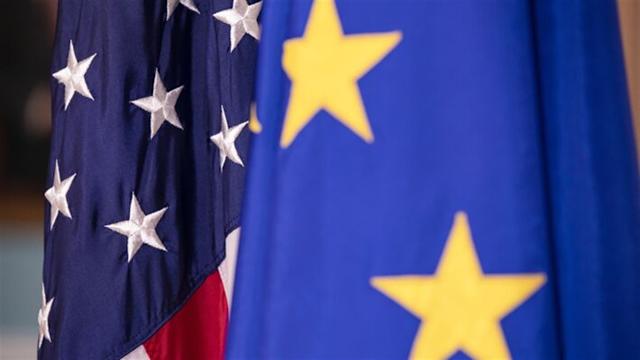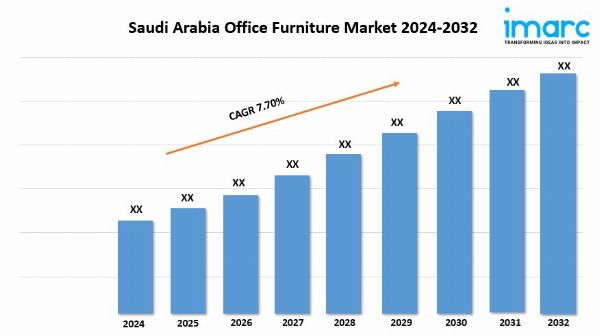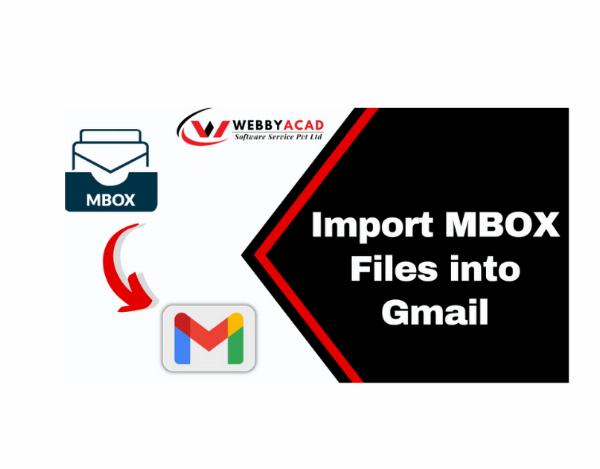
The European Union is willing to accept a trade arrangement with the US that includes a 10% universal tariff on many of its exports, but wants the US to commit to lower rates on key sectors. The bloc is also pushing the US for quotas and exemptions to effectively lower Washington's 25% tariff on automobiles and car parts as well as its 50% tariff on steel and aluminum, according to people familiar with the matter. The EU has until July 9 to clinch a trade arrangement with Donald Trump before tariffs on nearly all of the bloc's exports to the US jump to 50%. Bloomberg's Oliver Crook reports.
With the EU indicating its preparedness to accept a universal tariff from US, it is imperative that critical exemptions are secured in order for this deal not only economically beneficial but also politically palatable.
The EU's readiness to accept a universal tariff from the US while pursuing crucial exemptions demonstrates an urgent need for both sides’ commitment towards finding mutually beneficial solutions in their ongoing trade disputes.
The EU, prepared to accept a universal tariff from the US while seeking essential exclusions and exemptions in critical areas of cooperation notably driven by economic sensitivities or geopolitical tactics.
This move by the EU to be prepared for a universally applied US tariff, while seeking key exemptions and establishing an example of compromise in trade tensions between two major economies.
The EU's willingness to accept a US universal tariff, backed by its search for key exemptions from such tariffs in return of mutual trade concessions and future collaborations on issues like climate change policy worth noting.
In a move to balance trade tensions, the EU has indicated readiness for accepting universal tariffs proposed by the US while concurrently seeking critical exemptions that protect Europe's sensitive industries and key interests.














